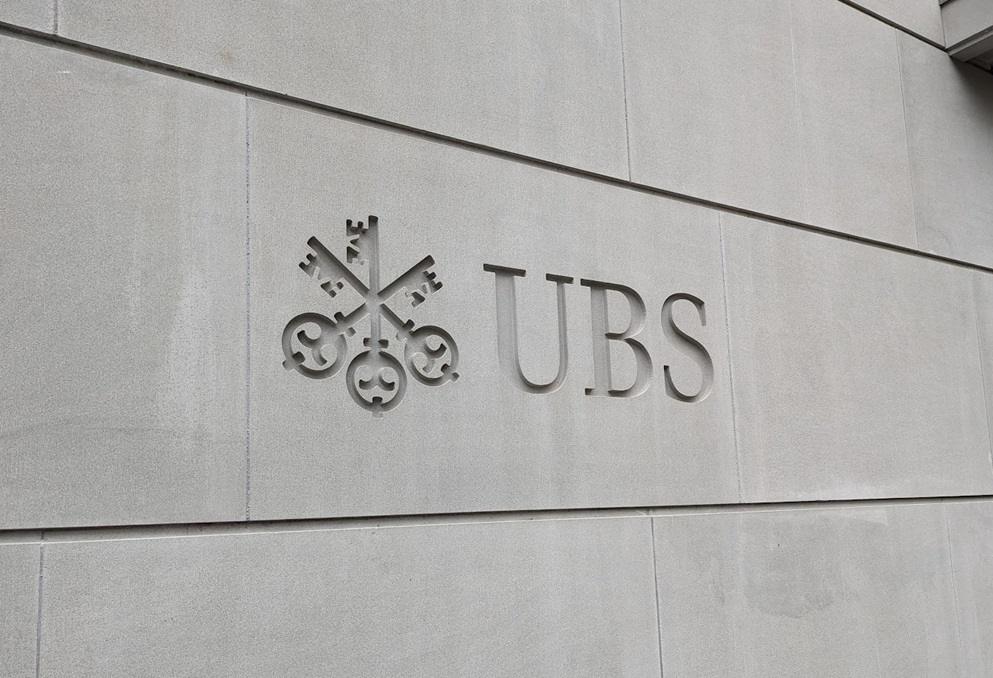Swiss banking and financial services group UBS announced today that it has decided to withdraw from the Net-Zero Banking Alliance (NZBA), becoming the first major European bank outside of the UK to exit the UN-backed coalition dedicated to advancing global net zero goals through their financing activities.
UBS’ announcement marks a new blow to the NZBA, accelerating the departure of European banks, coming on the heels of the recent exits of the UK-based HSBC and Barclays. The announcements follow the exit of all major Wall Street banks from the group, as well as their Canadian peers earlier this year. UBS joined the NZBA as a founding member in 2021.
UBS’ exit from the NZBA follows a reset by the bank earlier this year of its key climate goals, including pushing back its target to achieve net zero greenhouse gas (GHG) emissions in its operations by 10 years to 2035, and withdrawing a target for its Asset Management division to align 20% of its assets under management (AUM) with net zero by 2030, attributing the changes to its recent acquisition of Credit Suisse.
At the time, in its sustainability report, UBS also changed the language around its climate commitments, from “by 2050, our ambition is to achieve net-zero greenhouse gas emissions across our scope 1 and 2, and specified scope 3 activities,” in its prior year report, to “by 2050, the global economy aims to transition to net zero,” and outlining its Scope 3 goal as “addressing our financed emissions by aligning specified sectors to decarbonization pathways,” although the bank did confirm that it remains committed to its financed emissions decarbonization targets.
In an email to ESG Today following today’s announcement, a UBS spokesperson confirmed that the bank remains committed to its decarbonization targets to address its financed emissions in specified sectors.
In a statement announcing its exit, UBS said that it “recognizes the NZBA’s valuable role in helping banks establish initial target-setting frameworks,” but noted that “with that work advanced and with our in-house capabilities strengthened, we have decided to withdraw from the NZBA, like a number of our global peers.”
UBS said in its statement that its “commitment to sustainability remains unchanged and we recognize the importance of an orderly transition to a low-carbon economy.”
UBS added:
“We remain focused on supporting our clients in understanding the impact of climate change in their business models and their investments, including both risks and opportunities. We continue advancing our multi-year initiative to embed sustainability and climate risk into our risk management and stress-testing frameworks.”
The stream of banks exiting the NZBA over the past several months followed significant pressure on members of the group and on other similar coalitions, particularly from Republican politicians in the U.S., who have been warning financial institutions including banks, insurers, asset owners and investors of potential legal violations from their participation in climate-focused alliances and of plans to exclude the companies from state business, as part of a broader anti-ESG political campaign.
Following the departure of the North American banks, the NZBA’s members agreed in April 2025 to a series of significant changes to the alliance’s framework and principles, including eliminating a mandatory requirement for banks to align lending and capital markets activities with the goal of limiting global warming to 1.5°C.
In a statement provided to ESG Today following UBS’ announcement, an NZBA spokesperson said:
“NZBA’s strength lies in the commitment of its member banks to lead the net zero transition. This long-term work requires courage, consistency and true leadership to stay on track, even when faced with barriers to action. As we look ahead, NZBA remains focused on supporting the many committed banks driving this transformation forward. The need for bold action from the banking sector has never been greater and NZBA is here to help deliver it.”

